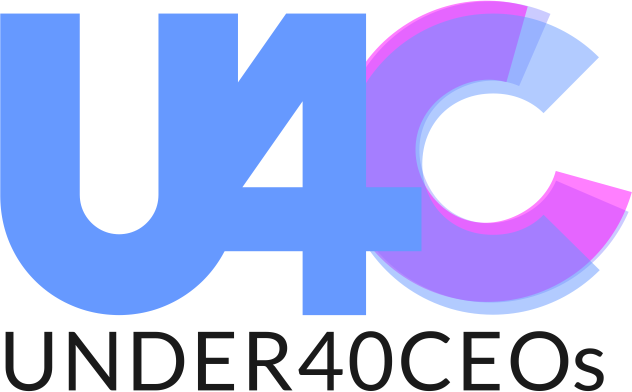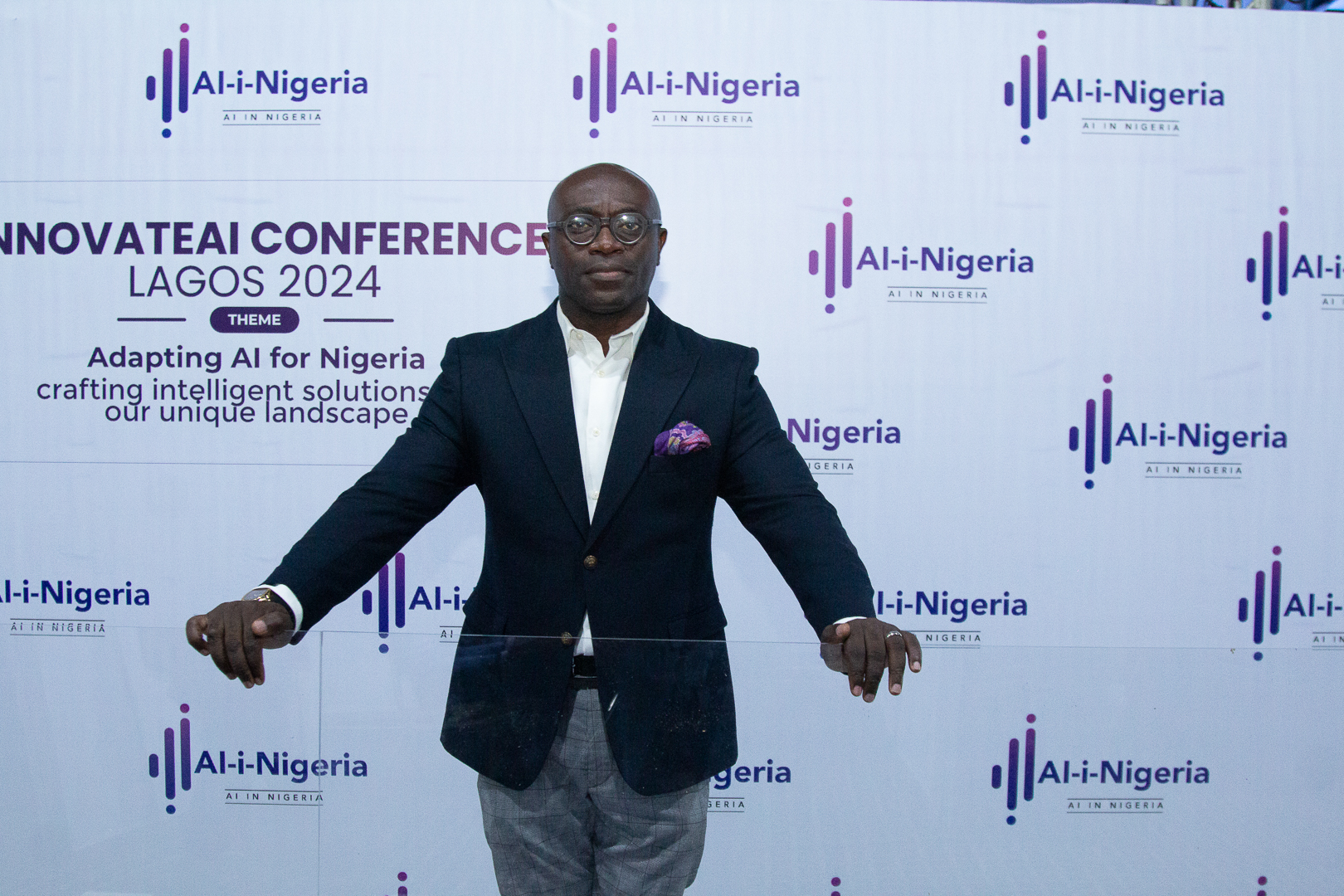We’ve all probably been seeing and hearing this word all over the internet and even among your friends and colleagues, you’re wondering what is the Metaverse and why is everyone so interested in it? Well, let’s dive in to know all that.
In the domain of digital transformation, the concept of Metaverse has now become a subject of discussion. Literally, everyone is embracing the Metaverse, from tech giants like Facebook and Microsoft to even MTN Group.

What is the Metaverse?
In short, it’s a collective virtual shared space like the Internet but more.
A few of the beginnings of the Metaverse can be seen in Neal Stephenson’s novel “Snow Crash” from 1992 and in Ernest Cline’s Movie “Ready Player One”.
The metaverse is a perfect fusion of physical, augmented, and virtual reality. The Metaverse is a public virtual world that may be accessed via the internet. It creates a “virtual world” experience by simulating human emotions and gestures.
The metaverse encompasses the entire social and economic structure that exists in both the actual and virtual worlds. Avatars, content, and goods may all travel around freely. It’s a living, breathing experience that never pauses or finishes like a game.
- The Metaverse is a virtual reality in which individuals can communicate and transact with each other and with digital 3D items.
- It relates to collaborative virtual worlds where currency can be used to buy and sell land, buildings, avatars, and even identities.
- Individuals can walk around with their friends, visit places, buy things, and attend events in such environments.
- Musicians, for example, can perform virtual gigs, and fashion companies can create virtual apparel for people’s avatars to wear in metaverse surroundings.
- It’s worth noting that Roblox, a popular children’s game, touts itself as a metaverse corporation.
For better understanding, here’s an example!
You could visit a simulated cafe and e-meet with your friends there, or you could travel to a virtual art gallery to see a digital art display.
Metaverses, on the other hand, aren’t just for gamers. Some metaverses allow you to meet up, collaborate, shop for goods and services, and take part in activities like live events, live concerts, among others.
How it works
It is a collective virtual space, created by the convergence of virtually enhanced physical and digital reality. In other words, it is device-independent and is not owned by a single vendor. It is an independent virtual economy, enabled by digital currencies and nonfungible tokens (NFTs).
A Metaverse represents a combinatorial innovation, as it requires multiple technologies and trends to function. Contributing tech capabilities include augmented reality (AR), flexible work styles, head-mounted displays (HMDs), an AR cloud, the Internet of Things (IoT), 5G, artificial intelligence (AI) and spatial technologies.
To understand the concepts of a Metaverse, think of it as the next version of the Internet, which started as individual bulletin boards and independent online destinations. Eventually, these destinations became sites on a virtual shared space — similar to how a Metaverse will develop.
Moreover, activities that currently take place in siloed environments will eventually take place in a single Metaverse, such as:
- Purchasing outfits and accessories for online avatars
- Buying digital land and constructing virtual homes
- Participating in a virtual social experience
- Shopping in virtual malls via immersive commerce
- Using virtual classrooms to experience immersive learning
- Buying digital art, collectibles and assets (NFTs)
- Interacting with digital humans for onboarding employees, customer service, sales and other business interactions
It is expected that a Metaverse will provide persistent, decentralized, collaborative and interoperable opportunities and business models that will enable organizations to extend digital business.

Metaverse in Africa
On February 28 2022, African company MTN and South African M&C Saatchi Abel bought plots of ‘land’ in the metaverse by Africarare, the online landscape known as Ubuntuland. MTN bought 144 plots of digital space for an undisclosed amount. M&C Saatchi Abel, an award-winning advertising agency has done work for the likes of Standard Bank, Nandos, SuperSport, Mweb, Continental and Mr Delivery.
Ubuntuland sold out the debut collection of South African artist Norman Catherine NFTs for $53,000 in the gallery Mila, meaning traditional in Swahili. Ubuntuland will showcase African art, fashion, entertainment, sport, tech and creativity and will provide a platform for artists from across the continent to display and sell their work. The upcoming Inuka gallery (Swahili for ‘rise’) will feature works by emerging African artists from later in 2022.
In the vast future realm of the metaverse, NFTs and cryptocurrencies can play a huge role for emerging African artists who increasingly take technology in stride to express their creative side.
Africa has long been a community of creators looking to influence consumers by embracing innovation and technology. Since the inception of the COVID-19 crisis, African creatives have brought many advances to the continent, specifically in key sectors relating to AI, blockchain, cryptocurrencies, and NFTs.
With tech giants backing the next generation of the internet, African creatives have a game-changing opportunity to focus on creative collaborations and revenue-generating experiences through the metaverse.
The truth is, digital artists are the underdogs of the traditional art world. However, in the realm of the metaverse, the opposite would be true.
While much of that may seem a pipe dream in Africa, some firms on the continent are already alive to the possibilities that the metaverse can provide. Nigeria’s Thrill Digital, founded by Delz Erinle and artist Niyi Okeowo, uses AR and VR, crypto and gaming, to create a fashion metaverse.
The firm won a $40,000 grant from Epic Games, a US video game and software developer investing in metaverse development, to start Astra, a play-to-earn crypto game where players try to amass as many tokens as they can within an allotted time to win real-life luxury fashion items.
Business Opportunities of The Metaverse
Today there are many individual use cases and products, all creating their own versions of a Metaverse. Opportunities across multiple industries including:
- Higher education, medical, military and other types of trades can deliver a more immersive learning experience. They don’t need to create their own infrastructure, as the Metaverse will provide the framework.
- Virtual events have gained popularity over the last two years, can now present more integrated offerings.
- Retail can extend its reach to an immersive shopping experience that allows for more complex products.
- Enterprises can achieve better engagement, collaboration and connection with their employees through virtually augmented workspaces.
- Social media can move to the Metaverse, where users can interact through three-dimensional avatars.
The adoption of Metaverse technologies is still nascent and fragmented, and we recommend refraining from heavy investments in a specific Metaverse. It is still too early to determine which investments will be viable in the long term, and the priority should be to learn, explore and prepare for a Metaverse without going overboard with implementation, based on a few use cases.
Recommendations for technology innovation leaders
- Develop digital business strategies that leverage the built-in infrastructure and participants of the Metaverse.
- Lead idea and innovation management that focuses on new opportunities and business models with the Metaverse.
- Identify the unique technology risk, privacy and security implications in this new persistent and decentralized environment.
- List the outcomes, opportunities and obstacles the Metaverse entails in the form of an emerging technology wheel.
Future Applications of the Metaverse in Africa
But for most African users, getting lost in in a virtual shopping mall or having their biometric data swiped by a company is far down the list of concerns. For all but the most digitally savvy and economically active, accessing this new world anytime soon is unforeseeable.
Internet bandwidth speeds lag behind most of the rest of the world, and data prices are high. Only half of Africa’s population has access to 4G mobile internet networks, and sub-Saharan Africa ranks as the most expensive region for mobile data.
Yet as Africa’s population becomes the largest workforce in the world by 2035, big tech firms insist that the metaverse will gradually open up economic opportunities in Africa, pointing to its relevance to the evolving post-pandemic world of work.
Derya Matras, Meta’s vice president for Africa, the Middle East and Turkey, says that work in physical offices by software developers, architects, crypto accountants, artists, gamers, storytellers, educators, marketers and project managers will increasingly start to migrate into the metaverse.
“We know there is huge talent here on the continent, and nowhere is it more exciting to witness than in the creative and tech space, with local solutions being created for global problems and challenges,” she says. “We see technology giving people new opportunities every day to become entrepreneurs and content creators, and I believe the metaverse has a big role to play here.”
Meta has deployed its two-year $50m XR Programs and Research fund to build the metaverse, which includes funding for its “Future Africa: Telling Stories, Building Worlds” programme. The programme will see the company partner with Africa No Filter, Electric South and Imisi3D to support creators amplifying African voices and pushing the boundaries of digital storytelling.
By using immersive technology such as 360 video, VR, AR and mixed reality, creators can receive funding of up to $30,000 and mentoring from Meta to grow their skills.
“The future of social technology is changing, and so are we. It won’t happen overnight, but over time, the metaverse will unlock new opportunities for people and communities globally and across Africa,” says Matras.
Conclusion
In today’s globalised world, business meetings and conferences could increasingly take place in the digital realm, building on the shift to digital technologies after Covid-19. Microsoft founder Bill Gates has predicted that within three years most virtual meetings will move to the metaverse, where the technology will allow avatars to sit face to face and read each other’s expressions. The pandemic has certainly helped to move this vision along, and it’s a world that Claassen says is increasingly attractive to many.
“Virtual reality allows us to see ourselves in technology again. So for a while people have left with this idea that technology is here to reduce our scope and our role in the world. Once people click into it, the metaverse will give us a new way of being in the future.”










